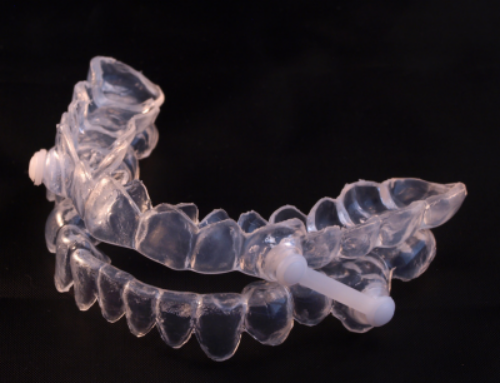Sleep is often underestimated, but it plays a crucial role in maintaining our overall health and well-being. When sleep quality is compromised, as is the case with sleep apnea, it can have a profound impact on various aspects of our physical and mental health. In this blog, we will explore what sleep apnea is and how it can affect your overall health.
Understanding Sleep Apnea
Sleep apnea is a sleep disorder characterized by interrupted breathing during sleep. It occurs when the muscles in the throat relax excessively, leading to partial or complete blockage of the airway. This obstruction can result in brief awakenings throughout the night as the brain detects a drop in oxygen levels, even if the individual is unaware of these awakenings.
There are two main types of sleep apnea:
- Obstructive Sleep Apnea (OSA): This is the most common form, where the airway becomes blocked due to the relaxation of throat muscles.
- Central Sleep Apnea (CSA): In this less common form, the brain fails to signal the muscles to breathe.
Impact on Overall Health
1. Cardiovascular Health
Sleep apnea is closely linked to an increased risk of cardiovascular problems. The repeated oxygen deprivation and frequent awakenings during the night put a strain on the heart. Over time, this can lead to high blood pressure, irregular heartbeat (arrhythmia), and an increased risk of heart attacks and strokes.
2. Daytime Fatigue and Impaired Cognitive Function
One of the most noticeable effects of sleep apnea is excessive daytime sleepiness. People with sleep apnea often feel tired and fatigued during the day, making it challenging to concentrate and perform daily tasks. This can impact work performance, memory, and decision-making abilities.
3. Mood Disorders
Sleep apnea has been linked to mood disorders such as depression and anxiety. The chronic sleep disruptions can lead to irritability, mood swings, and a decreased quality of life.
4. Weight Gain and Metabolic Issues
Sleep apnea and obesity often go hand in hand, as excess weight can increase the risk of airway obstruction. Additionally, sleep deprivation caused by sleep apnea can disrupt hormonal balance, leading to increased appetite and weight gain. These factors can contribute to the development of metabolic disorders like diabetes.
5. Respiratory Problems
People with sleep apnea are more likely to experience respiratory problems, including frequent infections and asthma exacerbations. The lack of quality sleep can weaken the immune system, making the body more vulnerable to illnesses.
6. Increased Risk of Accidents
The daytime sleepiness associated with sleep apnea can significantly increase the risk of accidents, both on the road and in the workplace. Individuals with untreated sleep apnea are more likely to fall asleep while driving or operating machinery.
Seeking Treatment
The good news is that sleep apnea is a manageable condition. If you suspect you or someone you know may have sleep apnea, it’s essential to seek medical evaluation and diagnosis. Treatment options can include lifestyle changes (weight loss, exercise, and dietary modifications), continuous positive airway pressure (CPAP) therapy, oral appliances, and surgery in severe cases.
Our team at Virginia Sleep & TMJ Therapy are experts in sleep apnea treatment. We offer oral appliance therapy, which is helpful for those who are sensitive to CPAP treatment. If you suspect you may have sleep apnea, consult with our professionals to explore your options for managing and mitigating its impact on your overall health.




